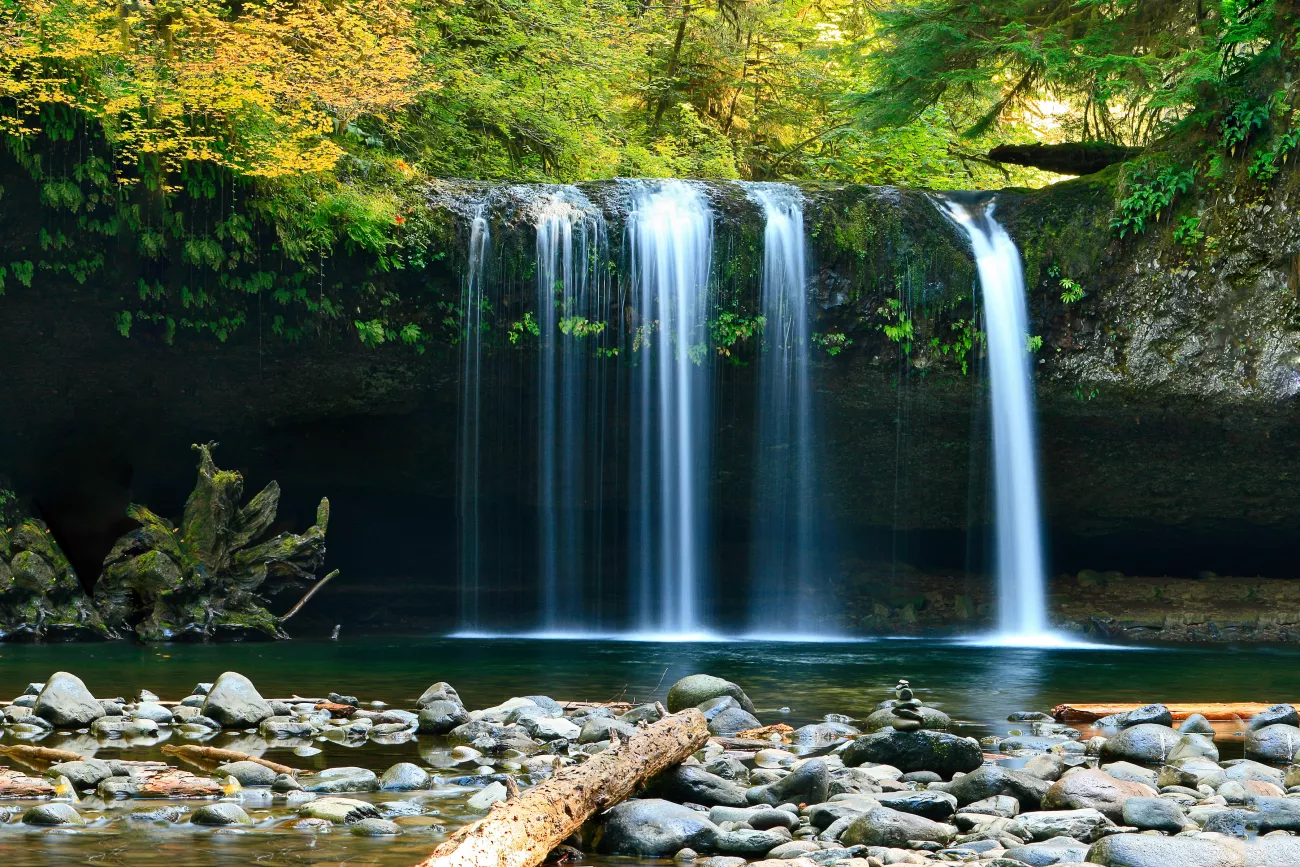While the call included a focus on freshwater aquatic systems, all environments were eligible. Out of 172 pre-proposals and 92 full proposals, 22 projects were ultimately recommended for funding by the BiodivRestore Call Steering Committee, based on the Evaluation Committee’s ranking. These projects, representing a total funding amount of over €21.3M (including EC contribution), bring together diverse disciplines and stakeholders to address pressing scientific and societal challenges related to ecosystem conservation and restoration.
Joint Transnational Call 2020-2021 – BiodivRestore
The BiodivRestore Joint Call 2020-2021, launched under the BiodivRestore Cofund Action by Biodiversa and Water JPI, supported research on “Conservation and restoration of degraded ecosystems and their biodiversity, including a focus on aquatic systems.” Co-funded by the European Commission, the call was structured around three non-exclusive themes:
- Studying the biological and biophysical processes at stake for conservation/restoration, and their interactions.
- Assessing trade-offs and synergies between targets, benefits and policies for conservation and restoration.
- Knowledge for improving the effectiveness and upscaling of conservation and restoration actions.

The BiodivRestore ERA-NET Cofund was a joint initiative between Biodiversa, a network supporting pan-European research on biodiversity, ecosystem services and Nature-based Solutions, and the Water JPI (Water Challenges for a Changing World). The project aimed to strengthen research and innovation on “Conservation and restoration of degraded ecosystems and their biodiversity, including a focus on aquatic systems,” in line with their Strategic Research and Innovation Agendas.
Bringing together 34 partners from 28 countries, including European, associated, and third countries, BiodivRestore pooled resources from 31 funding organizations across 27 countries to implement a joint transnational call co-funded by the European Commission. The initiative worked to foster international cooperation and promote effective conservation and restoration of degraded ecosystems.
Beyond the joint call, Additional Activities were carried out to enhance collaboration between Biodiversa and the Water JPI, supporting long-term cooperation, networking, and clustering among funded projects. These efforts promoted synergies, knowledge exchange, and the integration of diverse disciplines and stakeholders to strengthen science-based conservation and restoration actions.
The initiative followed a comprehensive approach to build a coherent transnational research programme, enhance stakeholder engagement, and increase the uptake of research results to support EU policies and objectives. BiodivRestore began in October 2020 and will end in September 2026, contributing to the shared vision and priorities outlined in the Water JPI and Biodiversa research agendas.
Projects
Final Project Booklet
The booklet of the BiodivRestore call and the funded projects on “Conservation and restoration of degraded ecosystems and their biodiversity, including a focus on aquatic systems” are available here.
Open data & Open access
Find all the Open Data & Open Access data related to the projects funded within the BiodivRestore Joint Transnational Call 2020-2021.